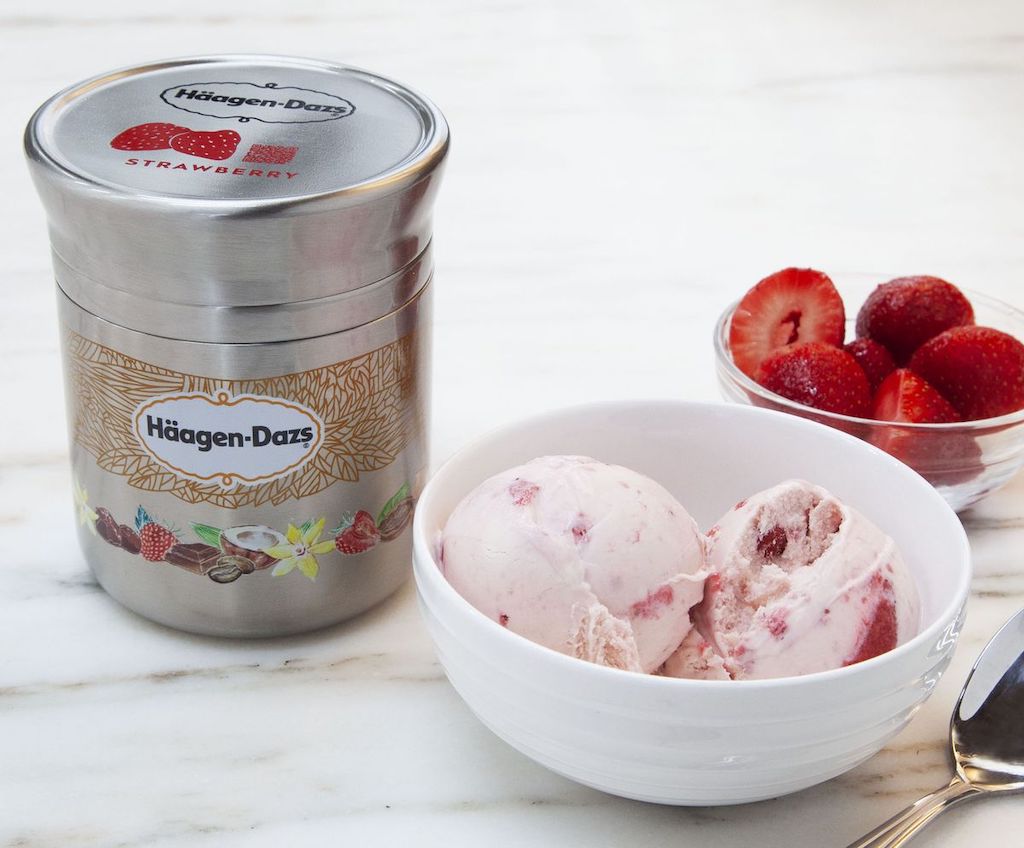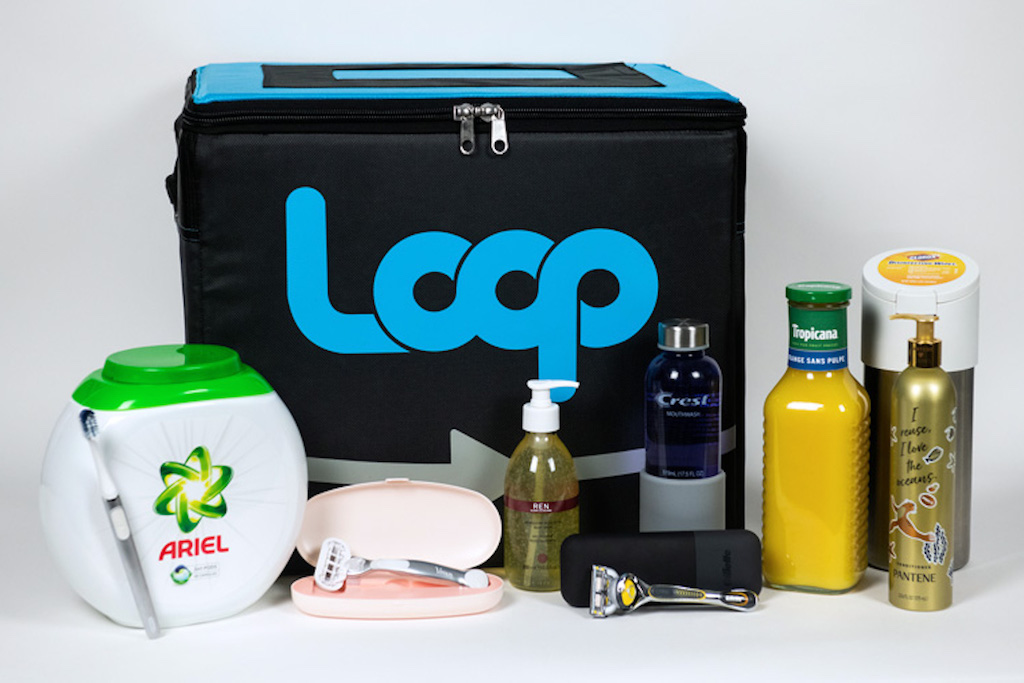4 Mins Read
Since the launch of the reusable packaging e-commerce platform Loop last year, more giant consumer brands and for the first time, even supermarket retailers want in on the zero-waste solution. The trend has been driven by the consumer demand for waste-reduction and sustainable packaging solutions as environmental concerns dominate headlines, forcing businesses to take heed. Loop’s success is now paving the way for rapid international expansion of their online services in a number of countries, including Japan and Australia among others, and retail sales across the United States and Europe.
Started in May 2019 by the Franco/US-based waste management company Terracycle, circular delivery startup Loop has become the zero-waste solution that major companies are adopting. Driven by the consumer pressure to reduce plastic pollution and packaging waste, a number of brands began partnering up with Loop’s reusable and returnable product packaging and delivery services.
Customers simply shop online on Loop’s website – featuring a number of infamous consumer household goods and food brands – and receive a reusable tote containing their items in reusable packaging. Then, once customers are finished with their products, they return their empty containers via UPS to be cleaned and refilled for the next user. Despite having to send and transport heavier parcels and requiring more labour to clean, the system leaves a lower carbon footprint than single-use packaging and keeps waste out of landfills and the ocean.
The startup already has under its belt an impressive array of big names and labels. Nestlé-owned ice cream brand Häagen-Dazs, for instance, partnered with Loop and developed a new stainless steel canister that can keep ice cream cold for longer – and can be sent back, sterilised and reused. From Nature Path’s granola in glass jars to Tide detergent and Pantene shampoo, the online store stocks around 150 products in total. According to the company, a new brand is added every 2 days.

Read: Is glass always more eco-friendly than plastic?
But the success of the brand doesn’t just come down to sustainability, but the aesthetics of creatively designed reusable packaging. “The design is so important to consumers – more than I ever thought it will be,” said TerraCycle CEO Tom Szaky, citing that their platform has shifted the “ownership” of packaging back to manufacturers, which makes companies “treat it as an asset” to invest in again.
Loop’s popularity is paving the way for rapid expansion, domestically and internationally. From their online concept being available in just Paris and New York last year, the startup has since added a number of other cities across the US and will soon be launching their e-commerce services in the United Kingdom, Canada, Germany and Japan as their first Asian destination.
Testament to the demand for zero-waste alternatives, existing retail giants also want in, and will begin piloting Loop’s solution in-house later this year. Participating stores include supermarket giants Walgreens and Kroger in the US, Carrefour in France, Tesco in the UK and Loblow’s in Canada. For retail returns, customers can simply bring the empty containers back to the grocery store and drop them off under a deposit scheme.

Read: Asia’s best zero-waste bulk stores
Loop isn’t the only startup that major brands are partnering up with to check shoppers’ sustainability boxes. Personal care consumer goods giant Unilever, for instance, is making more of its portfolio’s products available for reuse and refill. Unilever-owned Dove, for instance, is working with Chile-based startup Algramo to offer a mobile refill option for deodorants.
The move by some of the world’s biggest brands is unsurprising, given the huge business opportunity presented by circular packaging solutions. The devastation that our single-use convenience culture has had on the planet, from overflowing landfills to plastic oceans, has shaken consumers all over the globe. Faced with a planet depleted of its resources and the escalating climate crisis, companies are left with little choice. According to the Ellen MacArthur Foundation, converting just 20% of existing plastic packaging to reusable models is worth an estimated US$10 billion.
“I think we’re going to see some organisations die because of this. Others will pivot…[and] are taking these issues seriously and making the difficult decisions that may negatively impact the short term but lay the foundation to be relevant in the long term,” said Szazky in a recent interview with Harvard Business Review.
All images courtesy of Loop.




